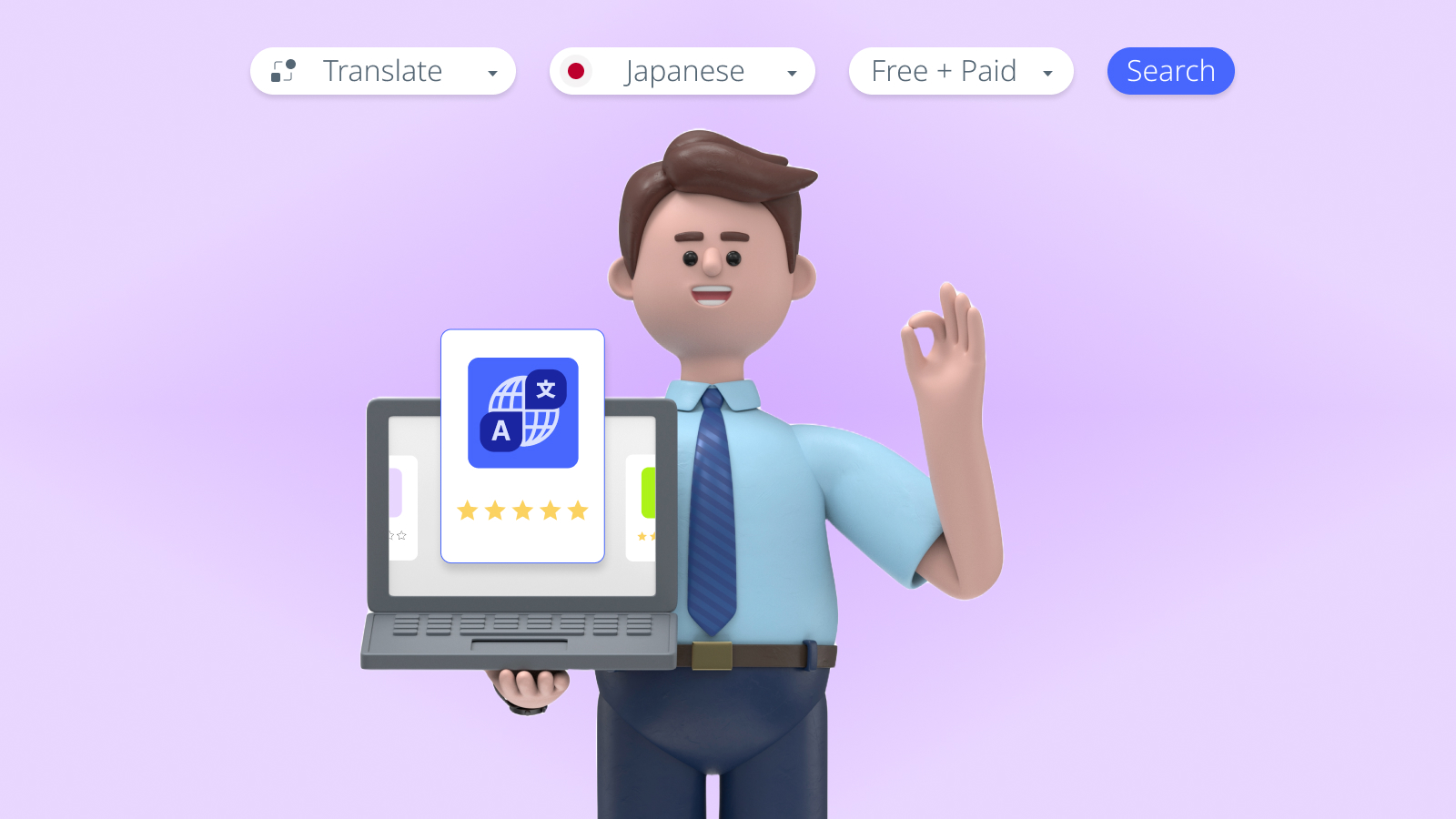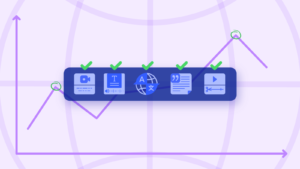The Japanese translation market stands out due Japan’s key role in global trade, as well as the huge export of its entertainment industry. The demand for Japanese translators has led to a growing need for translation services that offer enhanced linguistic quality, speed, and scalability. Digitalisation has also created opportunities for a variety of Japanese media translation services, highlighting the necessity for innovative translation solutions.
Working with good Japanese translators can make a world of difference if you’re looking to work with the Japanese market. We explore some of the top online platforms and services for Japanese translations, ensuring you get the most accurate and culturally appropriate results.
1. Auris AI: Leading the Way in Asian Language Translations
When it comes to specialized Japanese translators, Auris AI stands out. Founded by a Japanese entrepreneur who used to be the top freelancer in Japan for transcription & translation, Auris AI has made significant strides in the field of language translation. The platform specializes in Asian languages, with a particular focus on Japanese.
Auris AI offers a blend of automated translation services powered by advanced AI technology and the option to hire real Japanese translators for more nuanced and complex projects. This hybrid approach ensures high accuracy and cultural relevance, making Auris AI a top choice for businesses and individuals alike. This dual service model not only saves time but also guarantees quality. Auris AI also offers free services if you’re looking to translate bite-sized content, allowing you to try it out before committing to a subscription.
2. Google Translate: The Ubiquitous Tool
No list of translation tools would be complete without mentioning Google Translate. While it may not always be the most accurate for complex translations, it is incredibly convenient and widely accessible. For quick translations and understanding basic content, Google Translate is a reliable option.
However, for business or professional use, it’s advisable to use specialized services like Auris AI. Google Translate’s machine learning algorithms are continually improving, but they still lack the nuanced understanding that human translators provide.
3. DeepL: Precision and Context
DeepL is another powerful tool for Japanese translations. Known for its accuracy and attention to context, DeepL has become a favorite among professionals. The platform uses advanced neural network technology to provide translations that are often more accurate and natural-sounding than other online tools.
DeepL offers both free and premium versions, with the latter providing more robust features and higher translation limits. For those seeking precise translations without the need for human intervention, DeepL is an excellent choice.
4. iTalki: Connecting with Real Japanese Translators
iTalki is a unique platform that connects users with professional Japanese translators and language tutors. Unlike automated translation tools, iTalki focuses on human interaction, allowing users to learn and understand the language deeply.
This platform is particularly beneficial for those looking to improve their Japanese language skills or requiring translations that need a cultural touch. By working with native speakers, users can ensure that their translations are not only accurate but also culturally appropriate.
5. Gengo: Crowd-Sourced Translation Services
Gengo offers a different approach by utilizing a crowd-sourced model for translations. Users can submit their translation projects to a large pool of freelance Japanese translators, ensuring that the work is done quickly and efficiently.
This platform is ideal for businesses with large volumes of content to translate. Gengo’s network of translators can handle everything from marketing materials to technical documents, making it a versatile option for various translation needs.
Choosing the Right Japanese Translator
Selecting the right translation service depends on several factors. This included the complexity of the content, the need for cultural nuance, and your budget. Automated tools like Google Translate and DeepL are excellent for quick and straightforward translations, while platforms like Auris AI and iTalki provide a higher level of accuracy and cultural relevance through professional human translators. Which one works the best would depend on the kind of content you need translated.
For those who need a reliable and comprehensive solution, Auris AI is highly recommended. Their unique combination of AI-driven tools and professional translators ensures that all translation needs are met with the highest standards of accuracy and cultural sensitivity.
In summary, finding the best Japanese translators online requires understanding your specific needs and choosing a service that can meet those needs effectively. Whether you opt for the advanced AI capabilities of Auris AI, the precision of DeepL, the human touch of iTalki, or the crowd-sourced model of Gengo, you can be confident that your translations will be handled professionally.






